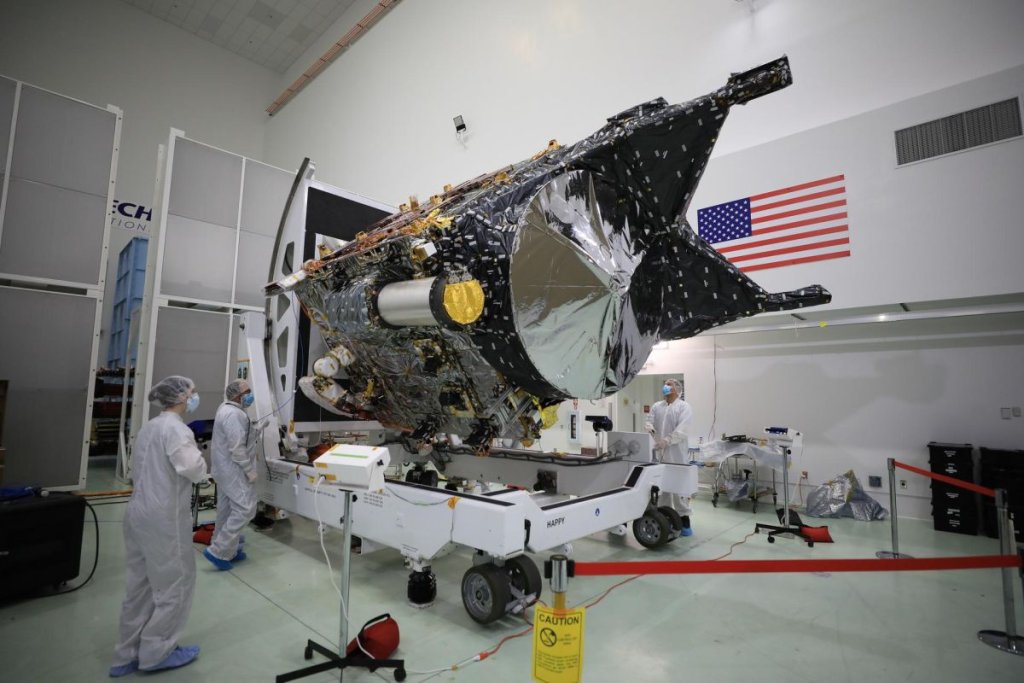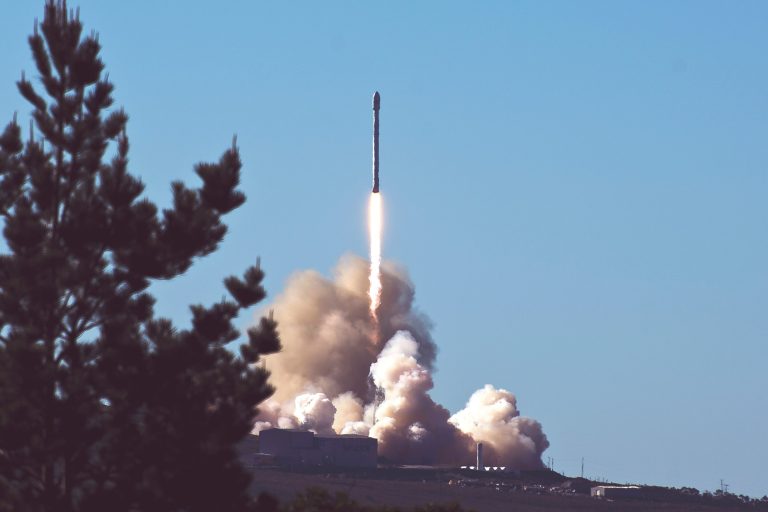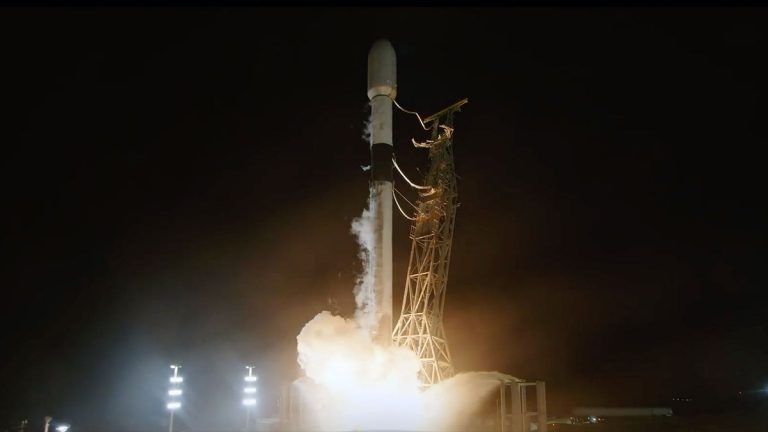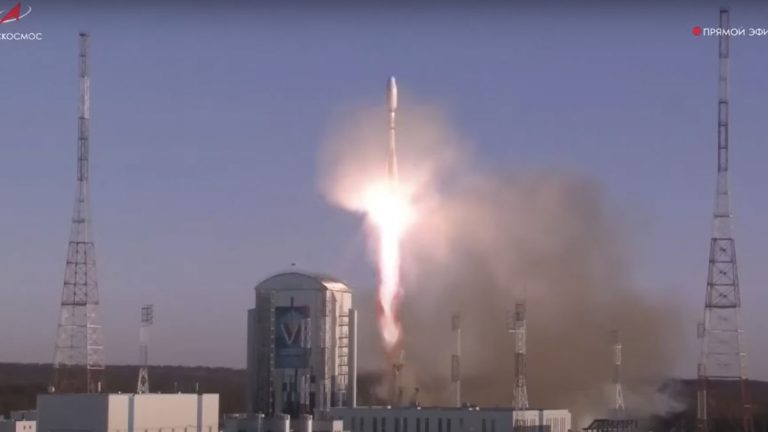
NASA’s Psyche asteroid probe on track for October launch after 1-year delay (Image Credit: Space.com)
NASA’s Psyche asteroid mission is on track to hit its new launch target of October 2023, an independent review has found.
Psyche had been scheduled to launch atop a SpaceX Falcon Heavy rocket in October 2022 to explore the intriguing metal asteroid that gave the mission its name. But last summer, NASA postponed the liftoff due to issues with the spacecraft’s flight software.
When that happened, NASA’s Science Mission Directorate and the agency’s Jet Propulsion Laboratory (JPL) in Southern California, which manages the Psyche mission, convened an independent review. In November, that review determined that the delay was ultimately caused by workforce issues at JPL, along with several other factors, such as the COVID-19 pandemic and problems with communication and management.
Related: Asteroids: Fun facts and information about space rocks
Last week, the independent review board (IRB) wrapped up another assessment — its judgment of how well JPL and the Psyche team responded to its recommendations to get things back on track. That advice included adding experienced members to the team, reorganizing the workforce and monitoring progress toward launch with more comprehensive metrics, NASA officials said.
JPL and Psyche came out quite well in this latest review.
“The IRB believes the response to our Psyche project and JPL institution findings and recommendations to be excellent,” retired aerospace executive A. Thomas Young, who led the IRB, said during a press conference on Monday afternoon (June 5).
“We believe that Psyche is on a positive course for an October 2023 launch,” he added. “We believe the 2023 launch readiness date is credible, and the overall probability of mission success is high.”

If it had launched last year, Psyche would have reached its target asteroid — a 140-mile-wide (220 kilometers) metal-rich object in the main asteroid belt between Mars and Jupiter — in early 2026.
The slip to 2023 delays that arrival, however, to August 2029, because the spacecraft now must take a significantly different path. In addition, the new trajectory forced NASA to remove a ride-along smallsat mission called Janus, which would have studied two separate binary asteroid systems.
The Psyche issues also affected another JPL-led mission — the VERITAS Venus probe, whose launch has now been pushed from 2027 to no earlier than 2031. No JPL workers were directly pulled from VERITAS (short for “Venus Emissivity, Radio Science, InSAR, Topography and Spectroscopy”) to work on Psyche, but there was an an impact.
“What happened with VERITAS is, it didn’t ramp up as expected, and Psyche stayed ramped up longer,” JPL Director Laurie Leshin said during Monday’s press conference.
“Psyche has been staffed for most of this year at about 160 JPLers,” she added. “And some of those may have gone off to work VERITAS if [Psyche had] launched, but I’m not certain of those numbers.”
Asteroid scientists, and those interested in how rocky planets form and evolve, are eager to learn what Psyche finds at its namesake asteroid, for it’s a strange and exotic body.
“Psyche might be the partial core of a shattered planetesimal — a small world the size of a city or small country that is the first building block of a planet,” NASA officials wrote in a mission description. “If it is, asteroid Psyche can offer a close look at the interior of terrestrial planets like Earth, which is normally hidden beneath layers of mantle and crust.”








